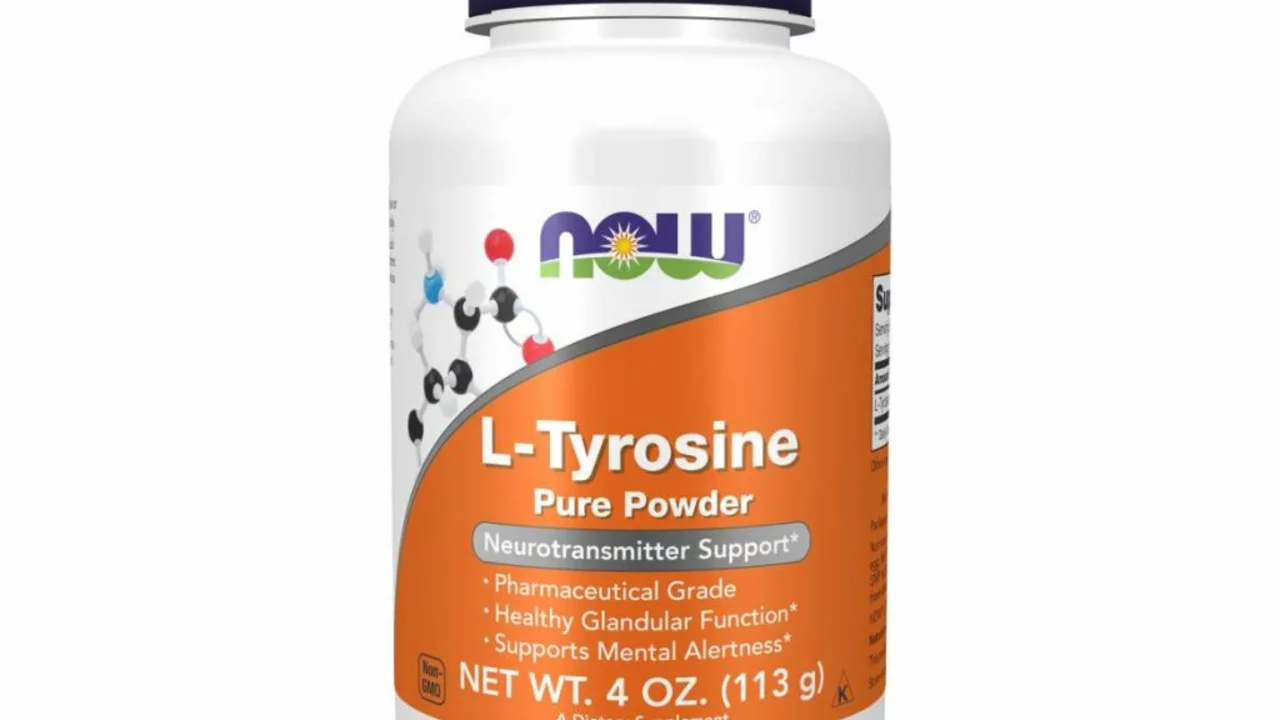Enzymes: What They Do and Why You Should Care
Enzymes are tiny proteins that speed up chemical reactions in your body. They help break down food, clear drugs, and keep organs working. When enzymes work right, you digest meals, drugs get processed safely, and your liver stays healthy. When they don’t, you can get side effects, drug problems, or digestion issues.
Digestive enzymes: eat, digest, feel better
Digestive enzymes—amylase, lipase and protease—help break carbs, fats and proteins. If you get bloated or feel heavy after meals, a short trial of digestive enzymes (taken with food) can help. Choose products with clear dosing and avoid brands that make wild promises. If symptoms are sudden, severe, or include weight loss, see a doctor before using supplements.
Food also supplies natural enzymes. Pineapple (bromelain) and papaya (papain) have enzyme activity and can help some people with digestion. But whole foods aren’t a fix for chronic pancreatic problems or enzyme deficiencies—those need medical care.
Drug interactions and liver enzymes: the real deal
Your liver uses enzyme systems—especially the CYP450 family—to break down many medicines. Some drugs speed these enzymes up (inducers) and others slow them down (inhibitors). That changes how much drug stays in your blood. For example, grapefruit juice can block CYP3A4 and raise levels of certain drugs, which may cause unwanted effects. That’s why pharmacists warn against grapefruit with some prescriptions.
Before starting a new medication, ask whether it affects liver enzymes or is affected by them. If a drug can raise liver enzymes, your doctor may check blood tests (ALT, AST, ALP) before and during treatment. If tests rise or you develop symptoms—jaundice, dark urine, unusual tiredness—contact your provider right away.
Practical tips you can use today:
- Tell your pharmacist about all pills, herbs and supplements you take. Enzyme interactions often come from over-the-counter products or herbal extracts. - Avoid grapefruit or grapefruit juice unless your prescriber says it’s OK. - If a supplement says "enzyme support" or "liver cleanse," be skeptical and ask a clinician. - Take digestive enzymes only with meals and follow the label. - Get baseline liver tests if you’re starting drugs known to affect the liver (your doctor will advise).
Want to dig deeper? Ask your pharmacist to check for interactions, and request a simple blood test if you’re on long-term meds that can stress the liver. Small checks now can prevent big problems later.
If you have specific symptoms or a list of meds, bring them in—it's the fastest way to know if enzymes are helping or hurting you.

The Role of Enzymes in Cellular Health and the Impact of a Lack of Enzymes
Jul 31, 2023, Posted by Mike Clayton
Well, here's a topic that really gets your cells buzzing - enzymes and cellular health! Enzymes, those tiny molecular magicians, play a critical role in keeping our cells healthy and functioning. Think of them as the body's handyman, repairing damage and keeping things running smoothly. However, if these guys go AWOL, it's like losing your toolbox - things start to break down and your cells can't perform their jobs properly. So, keep your enzymes happy and your cells will be dancing the cha-cha-cha of health!
MORESEARCH HERE
Categories
TAGS
- treatment
- online pharmacy
- dietary supplement
- side effects
- medication adherence
- medication safety
- generic drugs
- health
- dietary supplements
- health benefits
- online pharmacy Australia
- adverse drug reactions
- thyroid disorders
- gabapentin
- treatment option
- calcipotriol
- blood pressure
- erectile dysfunction
- closer look
- optimal health
